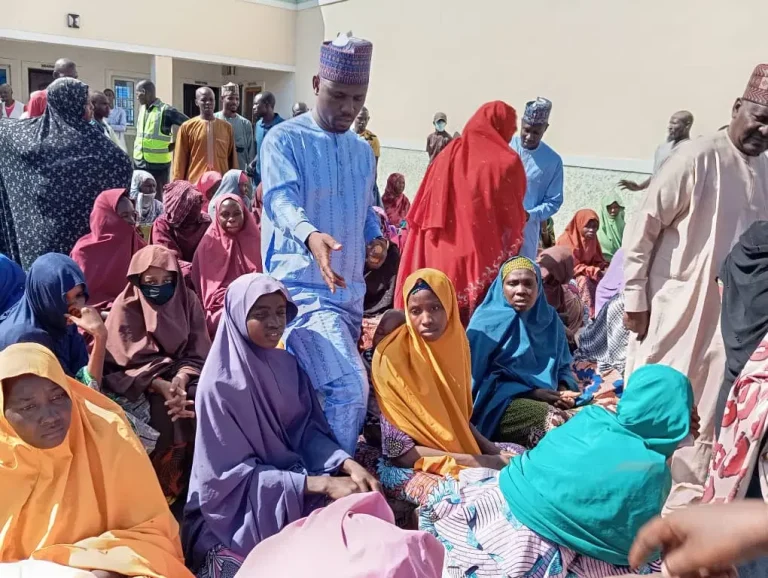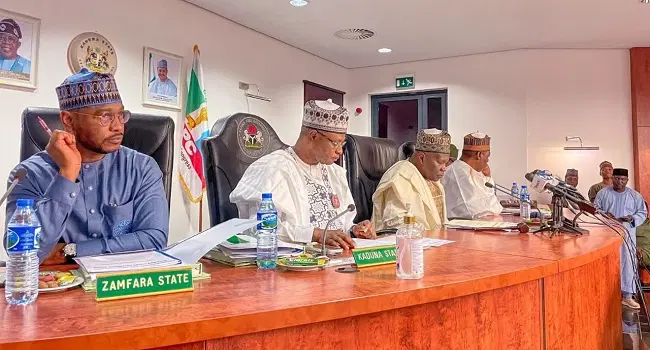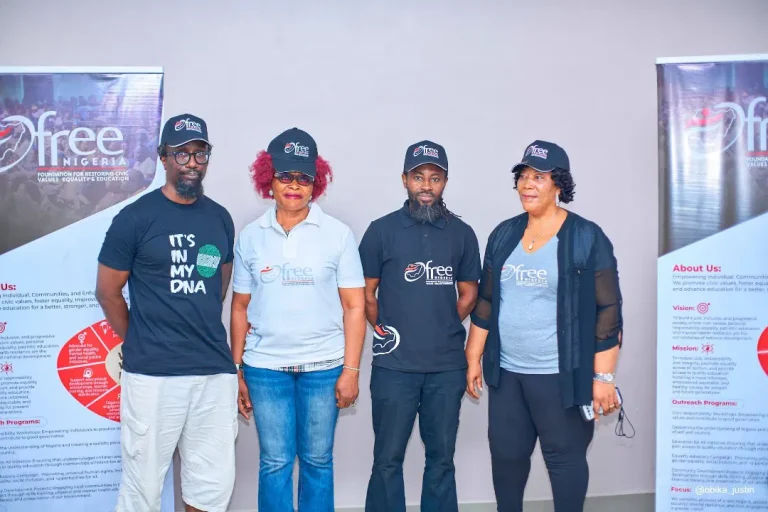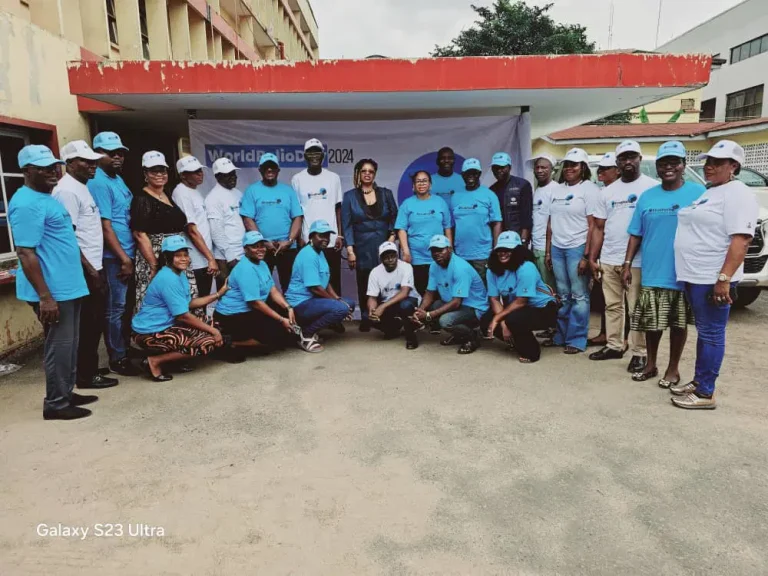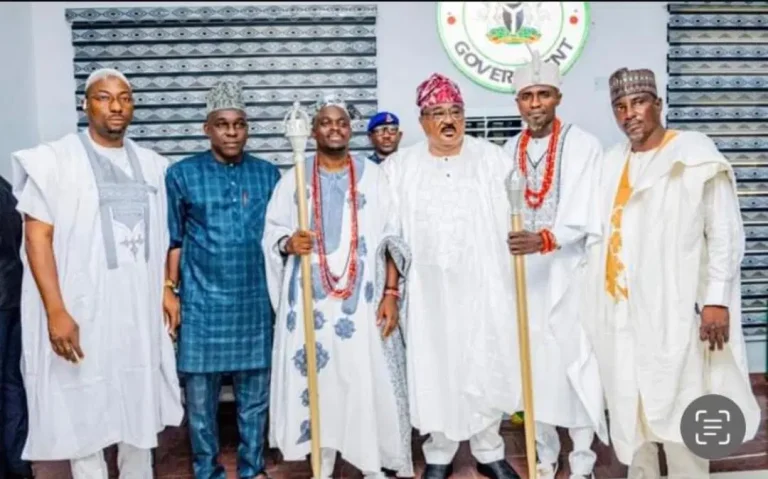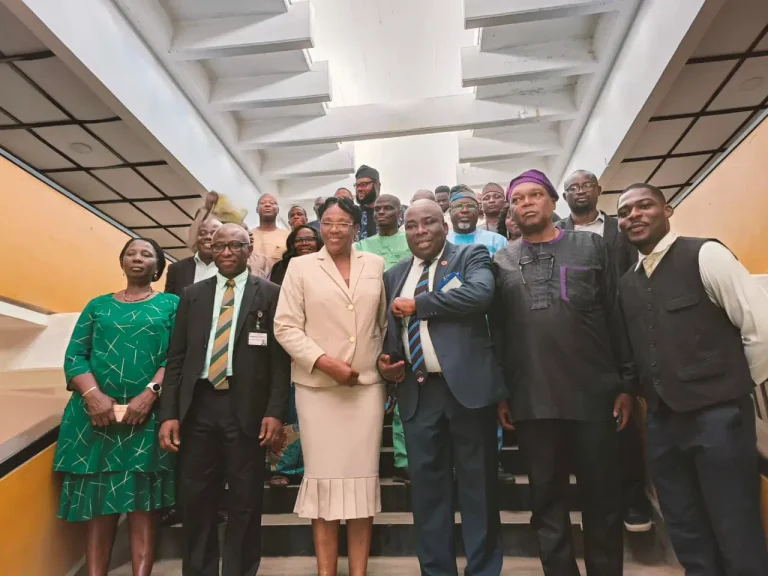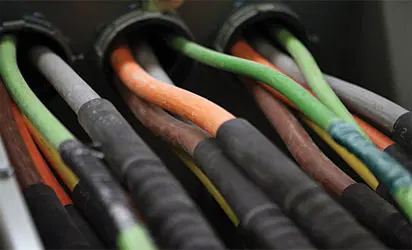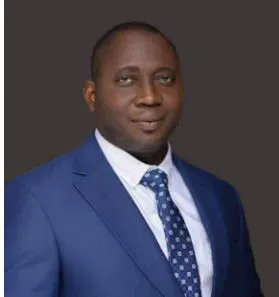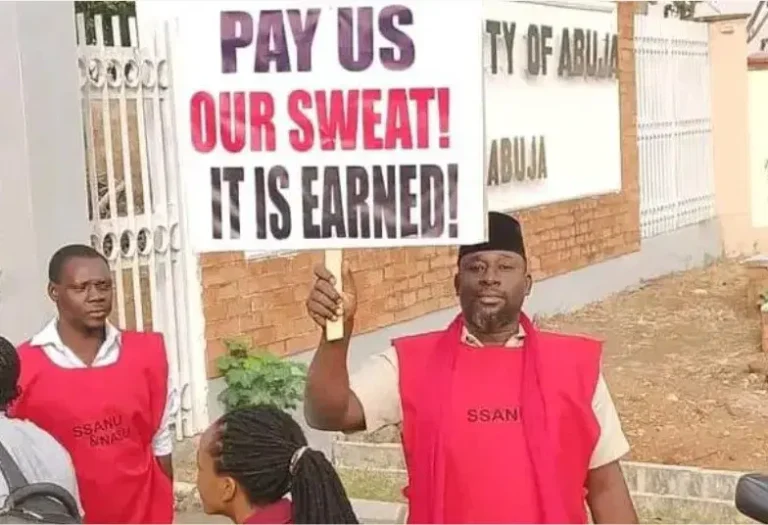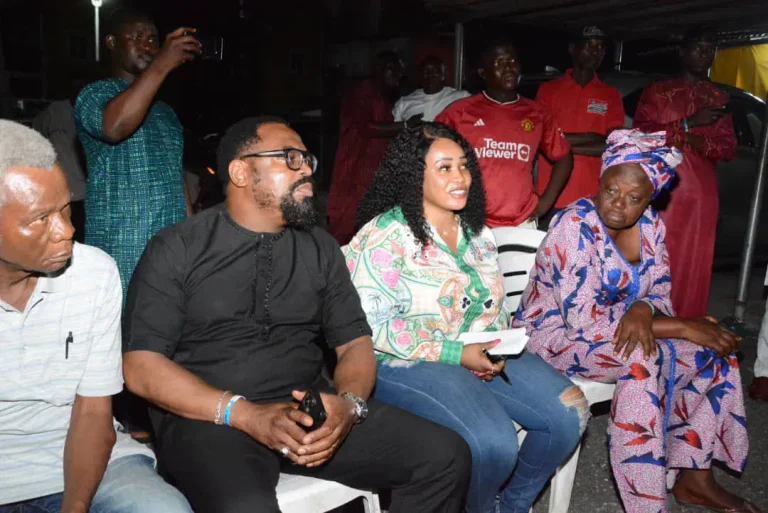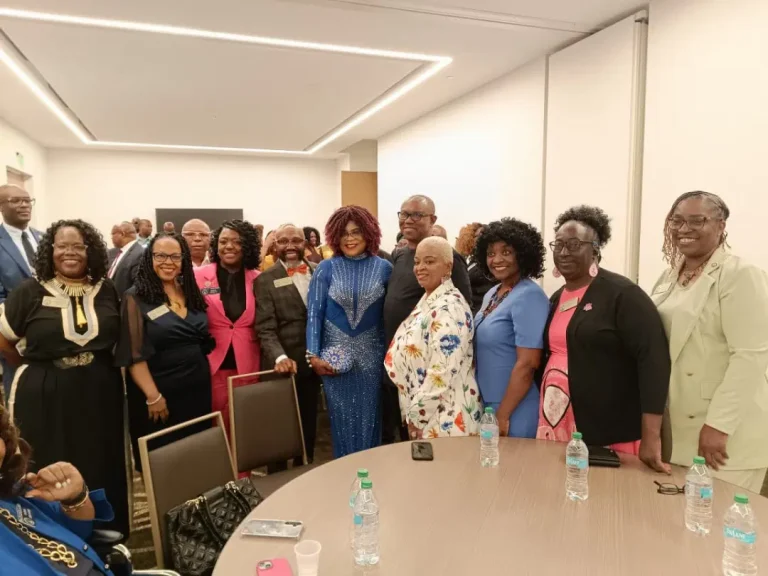2 mn readIn a distinguished ceremony held at Guildhall, Olori Atuwatse III, a transformational female leader, philanthropist, and advocate for sustainable development across Africa, has been awarded the Freedom of the City of London. This prestigious recognition celebrates her transformative leadership and her commitment to amplifying Africa’s authentic narratives on the global stage.
Historically, the Freedom of the City of London has been conferred upon notable figures such as Winston Churchill, Queen Elizabeth II, Nelson Mandela, Stephen Hawking, and Princess Diana. Olori Atuwatse III now proudly holds the unique position of being the first female African royal to receive this honor.
A Legacy of Leadership
The Freedom of the City of London Award, which dates back to 1237, is one of the oldest surviving traditional ceremonies in existence today. It symbolizes a unique bond between the City of London and its most distinguished recipients, recognizing individuals who have made exceptional contributions to society, embodying values of leadership, courage, and philanthropy.
As the Queen Consort of Warri, Olori Atuwatse III is celebrated as a visionary and trailblazer in advocating for Africa’s development. Through her initiatives with the Iwere Foundation and Elevate Africa, she is dedicated to creating sustainable pathways for growth, poverty alleviation, and social equity both in her community and beyond. Her leadership extends to inspiring resilience and promoting innovation across the continent, reflecting her commitment to shaping a prosperous future for Africa.
In a recent impassioned speech that went viral, Olori Atuwatse III articulated her dedication to telling Africa’s authentic stories—narratives of resilience, innovation, and rich culture. She stated, “The Africa we see is a land of boundless potential, and by sharing our stories, we inspire the world to recognize the continent’s true strength and potential,” advocating for a redefined global perspective on Africa’s contributions to the world.
Statement from Olori Atuwatse III
In her acceptance speech, Olori Atuwatse III expressed her gratitude:
“I am deeply honoured to receive the Freedom of the City of London, a recognition that speaks to the power of unity, resilience, and the shared desire for progress. As I stand alongside legendary figures who have each left their mark on history, I am inspired to continue my work to uplift communities, especially in Africa. This award is not just a personal milestone but a testament to the growing importance of Africa on the global stage. I dedicate this to the people of Warri, Nigeria, and to everyone who believes in the transformative power of compassion and leadership.”
A Champion for Africa’s Future
Olori Atuwatse III’s receipt of the Freedom of the City of London underscores her role as a champion for Africa’s future, standing alongside icons who have made lasting impacts on the global stage. This recognition further establishes her legacy as a modern African queen who is redefining leadership by combining tradition with a profound vision for sustainable progress and social impact.
About Olori Atuwatse III
Olori Atuwatse III is a visionary African leader and a modern queen committed to transformational change across the continent. As a philanthropist, she champions initiatives that empower women, develop youth, and build sustainable communities. Through her work with the Iwere Foundation and Elevate Africa, she aims to inspire the next generation of African leaders, striving to build a prosperous future for all Africans, grounded in the values of resilience, vision, and impactful change.


